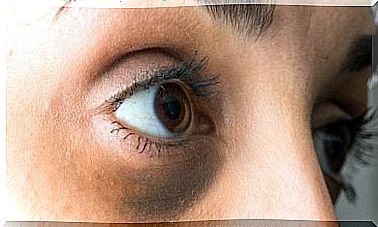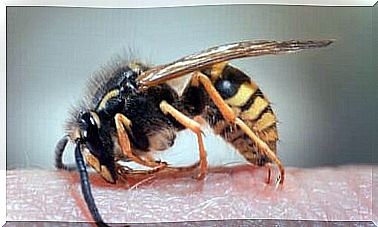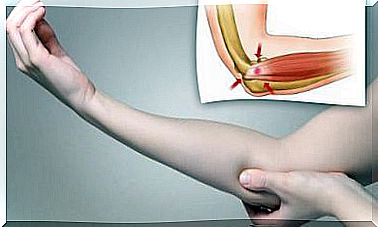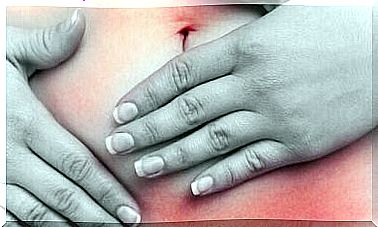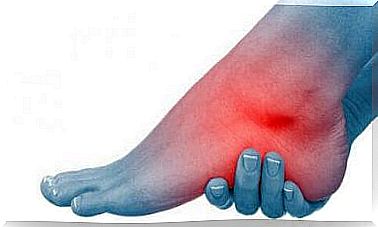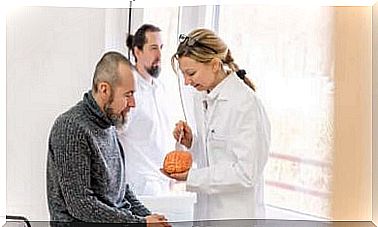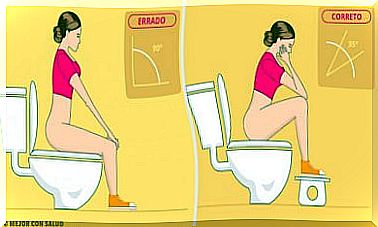At What Age Do We Start To Age?
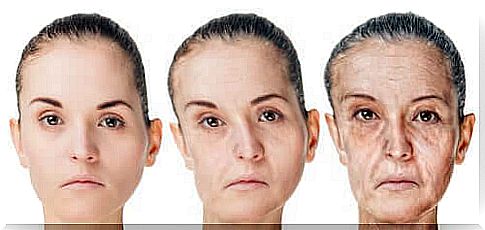
It is not at all easy to determine at what age we begin to age, because the concept of aging itself is very relative. Sometimes there are wrinkles on the face, but at the same time a person is well and living a vibrant and healthy life at the same time. Sometimes, on the other hand, something the opposite happens: the skin is smooth and youthful, but the health, in turn, is impaired.
One of the aspects that makes it difficult to determine at what age we begin to age is the cultural myths that prevail today. There are many different methods by which we can maintain a relatively youthful appearance, even at an older age, but this does not really mean that biological aging does not occur in the body at the same time.
In other words, external features are just one of the variables that determine at what age we begin to age, and it is not the most important of these. There are a number of different processes that further define the point at which the vitality of our body begins to decline. Let’s see more.
The development of aging
The first thing we should mention about aging is that aging is a complex process for which we have more questions than answers in our hands today. For this reason, it is not easy to determine at what age we begin to age, as this does not always happen at the same age in all people.
Also, not all human organs age at the same time. Similarly, another reason that makes it difficult to define aging is that biological aging is one thing and again different from, for example, the process of psychological or social aging. In any case, it is generally accepted that aging begins when our tissues begin to functionally weaken.
Although this estimate is not based on accurate scientific calculations, aging is estimated to begin when certain types of defects begin to appear in our cells. These defects include, but are not limited to, the following:
- Accumulation of genetic defects
- Shortening of telomeres – telomeres are one of the last parts of chromosomes
- Errors in the removal of defective proteins
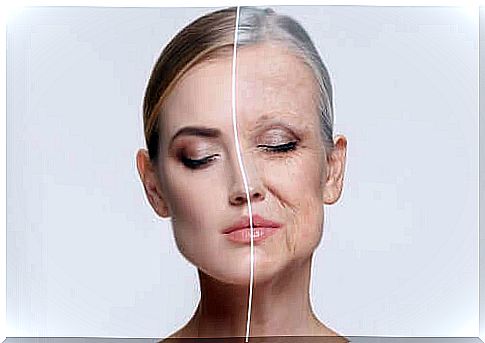
At what age do we start to age?
From the moment we begin to age, there is no complete consensus in the field of science. The most conservative thinkers show that this process begins at the age of 25, because at this age the first signs of malfunction begin to appear in our cells. In particular, at this age we begin to lose our muscle mass gradually.
Jaime Miquel, former director of NASA’s Aging Laboratory, has pointed out that the age at which aging begins is 30 years. This claim is based on the fact that at this age our genetic software begins to deteriorate, causing changes in our physiological aspect to begin. These changes include:
- Weight gain
- Decreased metabolism
- Changes in some hormone levels
- Memory loss
- Changes in sleep rhythm
However, the rate at which this process develops from this age depends largely on the genetics and lifestyles of the individual.
Research at Stanford University
According to a study at Stanford University in the United States, aging occurs in three different stages and is not a uniform process. This study has been published in the journal Nature Medicine , which specializes in medical research , and finds that there are a total of five indicators of aging. They are as follows:
- Human metabolism slows down
- The skeleton and bone structure deteriorate
- Memory problems appear
- Changes occur in sleep
- Muscle structure deteriorates
Based on these parameters, the study was able to identify three significant moments associated with aging in our lives. The first occurs at age 34, the second occurs at age 60, and the third occurs at age 78. From this point of view, therefore, the age at which we begin the aging process would be 34.
Tony Wyss-Coray, director of research, professor of neurology and neurological sciences, believes that there are significant changes in blood-borne protein levels in these age groups mentioned above. It was these signs that led to the conclusion that the Wyss-Coray research team has come to define the significant age groups 34, 60, and 78 of the aging process.
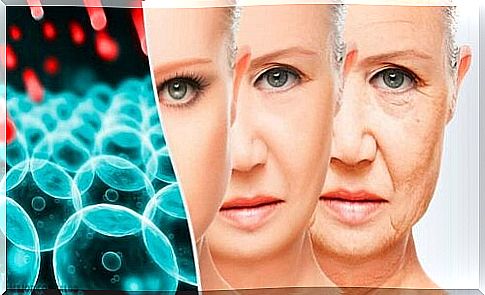
Chronological age and biological age
Chronological age is spoken of when we want to refer to the traditional concept of age. In other words, it refers to the number of years we have completed since we were born; that is, how old we are in years. This is basically a social and cultural indicator, but it also plays a very important role from a biological point of view.
Biological age, on the other hand, is measured by the impairment of cells in our body. More specifically, it could be said that to determine this age, we measure what is the energy capacity of our body to repair these cell defects.
This measurement can be determined from the length of the telomeres already mentioned. Telomeres are the ends of our chromosomes. They shorten each time a cell divides, all the way to the point where they run out and the cell finally dies. The state of this process, in turn, allows us to measure our body’s own biological age, which surprisingly does not always correspond to our chronological age.


